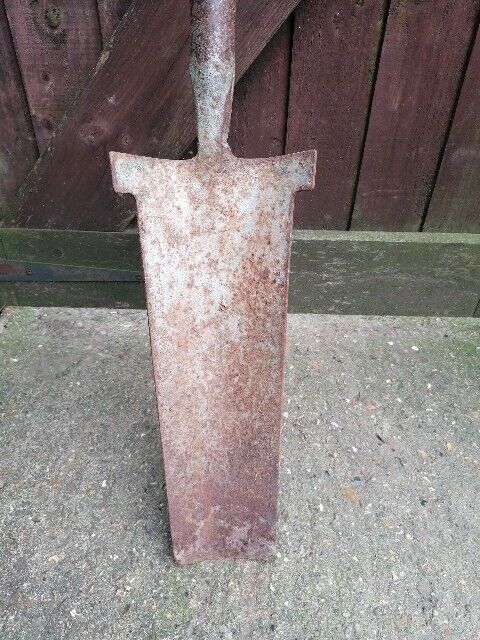No one likes a pedantic so-and-so who points out that planting country hedgerows, which are a feature exclusively of landscapes managed by mankind (mostly farmers) is by definition not a re-wilding project, it’s really a re-ruraling project.
I, naturally, would never do that, any more than I would sulk over age precluding me from joining a group of people calling themselves the YoungWilders, neither of which I plan to be anytime soon.
But time-limited though their brand proposition is for them personally, these YoungWilders are planting hedges that might last for centuries, all while changing lives by getting young people off their phones, and out into the field where farmers can film them with their phones, chuckling as the youths grapple with planting a straight line of thorny sticks in the mud.
And for that they deserve our respect, but more than that, our undying financial support: go on, you buy them a Frappuccino, I’ll pay for their gluten-free flapjacks.
The YoungWilders’ projects are all around the South East (next volunteer sign up is 9th March, for North Essex), and in the video above they are collaborating with Mike Wadham from The Big Green Internet.
Mike caught our interest with his custom whip dibbers, also known as dibblers to people who like l’s.
I know that you don’t need me to tell you what a whip dibber is, so forgive me while I explain to the others: a dibber is a tool for quickly making holes in the ground, here for planting the smaller sizes of hedge plant, which have no side-branches, hence the name ‘whip’.
A normal tree/hedge dibber is a strong bar with a reasonably sharp, flat end, much narrower than a spade and easier to sink deep; it should be much stronger than a normal garden spade, good for levering aside the heaviest soils, but it’s only used for slit planting rather than digging soil up out of a hole.
For a compromise, there is the classic long-head trenching spade, which gives you the depth and leverage of the dibber in most soils, while still being enough of a spade to excavate with.

We’re keen to see Mike’s planting methods in action (their rewilding film above doesn’t really show it, nor does his website) and maybe dib some whips (cheeky) on film over in Essex: to be continued.
